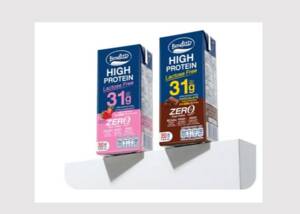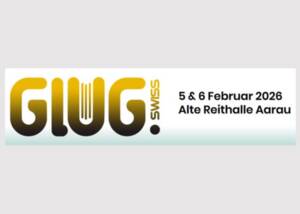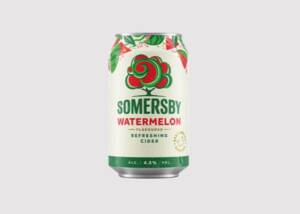Beverage wholesalers are cautiously optimistic about the future
News General news
This is the result of a comprehensive economic survey among the member companies of the BV GFGH:
- Majority of respondents satisfied with their own business results
- Beverage wholesalers report a decline in sales compared to 2023
- Reducing bureaucracy remains the main challenge for the federal government

As part of a comprehensive economic survey, the Bundesverband des Deutschen Getränkefachgroßhandels e.V. (BV GFGH) collected business-related data from 77 member companies for the years 2023/2024. The majority of companies are positive about the future - almost 72% expect sales to improve or at least remain the same over the next six months. The mood has brightened compared to the previous year. Around 57% of the beverage wholesalers surveyed rated their individual business results in 2024 as very good or good - compared to only 45.5% in 2023. "Although companies in the beverage industry have been significantly impacted by cost-intensive factors such as rising energy prices and labor costs in recent months, they remain optimistic and are actively working on developing solutions. This speaks for the innovative spirit and resilience of our industry," summarizes Dirk Reinsberg, Managing Director of BV GFGH.
84.4% of the beverage wholesalers surveyed would like the new German government to reduce bureaucracy. This appeal is not new: it was already the main demand made of politicians in the last economic survey. Some 63.6% of survey participants expect the grand coalition to give companies more freedom, while 41.5% hope for accelerated approval and planning procedures.
Tangible hopes for the future do not correlate with the survey figures
Inflation-driven price increases and a noticeable reluctance to spend on the part of consumers continue to have an impact on sales in the beverage wholesale sector: Data from the economic survey shows that only around a third of businesses describe the current business situation as very good or good. At 63.7%, the majority of respondents are just about satisfied with the ongoing situation, while 5.2% rate the current business situation as very poor.
It is striking that the outlook for the future was rated much more positively than the own business results from the survey data would suggest. This finding is reflected in turnover, among other things: 33.8% stated that profits had fallen, while 19.5% reported an increase in revenue - compared to 30% in 2023.
The results are also clear when it comes to the development of earnings compared to the same period last year: 49.4% of the participating beverage wholesalers - around half - reported lower sales.
When asked how earnings would develop over the next six months, 48.1% predicted that earnings would remain the same. 41.6 percent expect sales to fall, while 9.1 percent see positive developments.
Beverage wholesalers mainly invest in their own stock
The majority of the beverage wholesalers surveyed (72.7%) have not made any changes to their investments in the last six months. In addition, 20.5 percent of the participants have spent more money and only 10.7 percent have taken out less financing - the results are very similar to the previous year. Replacement investments were at the top of the agenda for 74% of beverage wholesalers. These become necessary when equipment is no longer efficient or functional due to wear and tear, ageing or technical progress. The aim is to restore or improve the original condition. This figure has risen slightly by 9% compared to 2023. In addition, 12% of companies have invested in expansion and 6.5% in rationalization measures.
"The results of our survey clearly show that German beverage wholesalers are investing too little in expansion investments, such as greater digitalization, in order to keep pace with developments in the coming years. More courage and willingness to invest is needed here in order to be well positioned for the future," says Reinsberg.
Drivers are most urgently needed
The situation on the labor market is a growing concern for the beverage wholesalers surveyed, as the shortage of skilled workers is clearly noticeable. Both last year and currently, this has led to vacancies in various areas of beverage wholesale and retail remaining unfilled and orders not being able to be fulfilled in some cases. "In this context, however, it is also clear that this sector of the economy offers secure jobs. While other sectors are threatened by job cuts, short-time working or site closures, the beverage wholesale trade is looking for new employees and is hiring. Over 200 vacant positions offer future-proof and varied career prospects," comments Reinsberg on the situation on the labor market.
Around 48% of respondents are experiencing a noticeable shortage of labour, which they are countering with high financial and organizational costs. This shortage is particularly severe in the area of drivers. At 55%, more than half of the participants stated that they were unable to fill at least one position. Compared to 2023, this figure has increased slightly by 7.5 percent. One way to counteract this bottleneck is to offer a solid training program. However, in the BV GFGH's economic survey, only one in three companies stated that they would be hiring trainees in the coming year.










